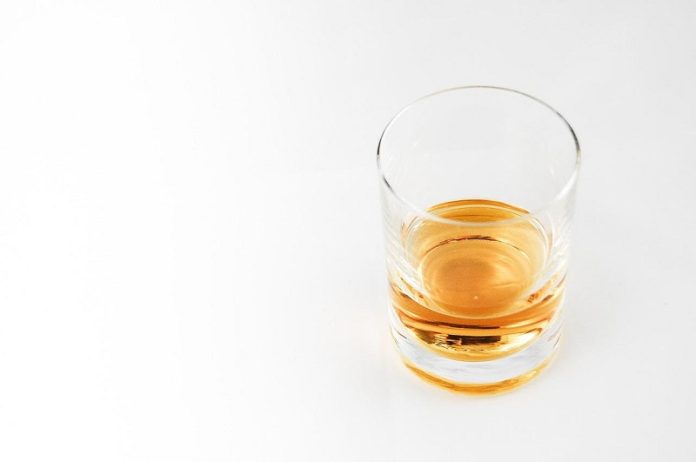
Alcohol use disorder, also known as alcoholism, is a chronic condition characterized by an inability to control alcohol consumption despite its negative consequences on health, work, and social life.
It can lead to liver disease, heart disease, cancer, and mental health problems such as depression and anxiety.
Alcohol use disorder is caused by a complex interplay of genetic, environmental, and social factors. It can affect anyone regardless of age, gender, race, or socioeconomic status.
In a new study, scientists have discovered an experimental antidepressant compound, called MAP4343, which may be able to treat alcohol use disorder.
This molecule is currently being tested in clinical studies as an antidepressant, and researchers have found that it also has the potential to reverse excessive alcohol intake in mice.
The researchers tested MAP4343 on mice with alcohol use disorder and found that after six weeks of treatment, the mice reduced their daily alcohol intake to levels similar to those of non-dependent control mice.
This molecule also normalized the levels of the stress hormone corticosterone in alcohol-dependent mice who were forced to abstain from drinking alcohol.
The researchers believe that this compound could be clinically tested against alcohol use disorder to provide a better treatment option than the current drug, naltrexone.
Current treatments for alcohol use disorder include medications, behavioral therapies, and support groups.
The most commonly prescribed medication is naltrexone, which blocks the rewarding effects of alcohol by reducing the release of dopamine, a neurotransmitter that plays a key role in the brain’s pleasure and motivation systems.
Another medication, acamprosate, helps restore the balance of neurotransmitters in the brain by reducing excitatory signals and increasing inhibitory signals.
Disulfiram, another medication, causes unpleasant side effects such as nausea, vomiting, and headache when taken with alcohol, which can discourage drinking.
Behavioral therapies, such as cognitive-behavioral therapy and motivational interviewing, aim to change the patient’s thoughts and behaviors around alcohol use and build coping skills.
Support groups, such as Alcoholics Anonymous, provide peer support and a sense of community for people with alcohol use disorder.
While these treatments can be effective for some patients, they have limitations. Medications may have side effects, and some patients may not respond to them.
Behavioral therapies and support groups may not be accessible or suitable for all patients. Therefore, there is a need for new and more effective treatments for alcohol use disorder.
The study on MAP4343 offers a potential new approach to treating alcohol use disorder by targeting the underlying changes in brain cell structure and function that occur with alcohol dependence.
The molecule’s precise mechanism of action is not yet fully understood, but it appears to restore the normal production and regulation of key structural proteins in brain cells, particularly in the medial prefrontal cortex, which is involved in regulating alcohol consumption.
Further research is needed to determine the safety and efficacy of MAP4343 in humans and to understand its exact mechanism of action.
If successful, this new approach could offer a more targeted and personalized treatment for alcohol use disorder that addresses the underlying biological changes in the brain, leading to better outcomes for patients.
If you care about wellness, please read studies about the root cause of alcohol addiction, and drugs and alcohol can hijack your brain.
For more information about health, please see recent studies about potatoes and high blood pressure, and results showing Marijuana reduces the use of alcohol, painkillers, and cigarettes.
The study was conducted by Candice Contet et al and published in Neuropsychopharmacology.
Copyright © 2023 Knowridge Science Report. All rights reserved.



